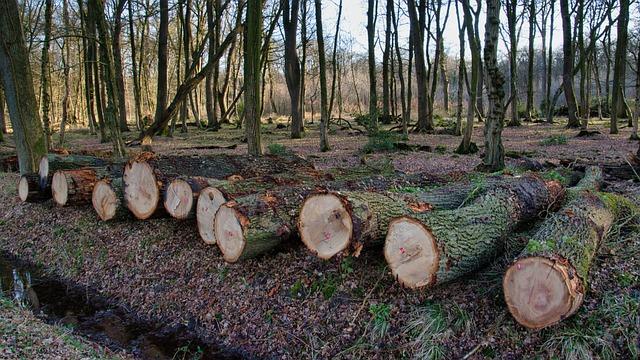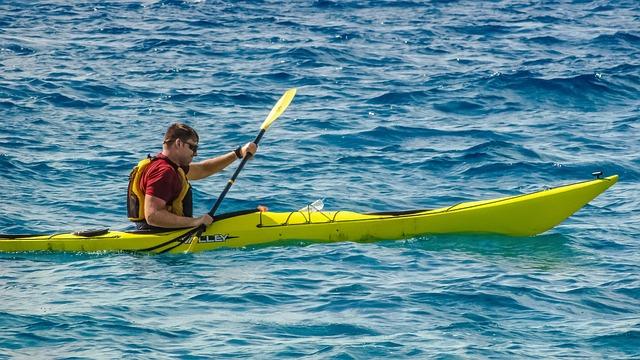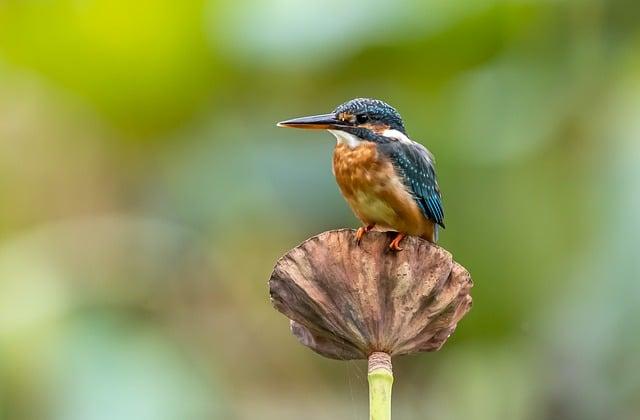- Introduction
- Causes of Endangered Wildlife Habitats
- Impact on Biodiversity
- Conservation Efforts
- Human-Wildlife Conflict
- Conclusion
- FAQs
Introduction
Wildlife habitats around the world are facing increasing threats due to human activities, climate change, and habitat destruction. This article explores the causes of endangered wildlife habitats, their impact on biodiversity, conservation efforts in place, and the challenges posed by human-wildlife conflict.
Causes of Endangered Wildlife Habitats
The primary causes of endangered wildlife habitats stem from deforestation, pollution, urbanization, and climate change. Deforestation, driven by logging and agriculture, destroys natural habitats, leaving many species without homes and resources.

(Image: Pixabay/@HelgaKa)
Pollution from industrial activities and plastic waste also poses a threat to wildlife habitats, contaminating water sources and affecting ecosystems. Urbanization leads to habitat fragmentation, isolating species populations and limiting their ability to migrate or find suitable habitats.
Climate change exacerbates these threats, causing shifts in temperature and rainfall patterns, disrupting ecosystems and forcing species to adapt rapidly or face extinction.
Impact on Biodiversity
The loss of wildlife habitats has a profound impact on biodiversity, as many species are unable to survive in altered environments or compete for limited resources. This loss of biodiversity disrupts natural ecosystems, diminishing ecosystem services such as pollination, pest control, and carbon sequestration.

(Image: Pixabay/@stevepb)
Furthermore, the decline in biodiversity increases the vulnerability of ecosystems to diseases, invasive species, and extreme weather events, threatening the stability and resilience of entire ecosystems.
Conservation Efforts
To address the challenges faced by endangered wildlife habitats, conservation efforts are crucial. Conservation initiatives include the establishment of protected areas, sustainable land management practices, habitat restoration projects, and species reintroduction programs.

(Image: Pixabay/@dimitrisvetsikas1969)
Collaboration between governments, NGOs, local communities, and international organizations is essential to protect and restore wildlife habitats, promote sustainable development, and ensure the long-term survival of species at risk.
Human-Wildlife Conflict
As human populations expand and encroach on wildlife habitats, conflicts between humans and wildlife escalate. Competition for resources, crop damage, livestock predation, and human injuries or fatalities resulting from wildlife encounters are common issues in areas where habitats overlap.

(Image: Pixabay/@Mohamed_hassan)
Effective mitigation measures, such as community-based conservation programs, wildlife corridors, and the implementation of sustainable livelihood options for local communities, are essential to reduce human-wildlife conflicts and foster coexistence between people and wildlife.
Conclusion
In conclusion, protecting endangered wildlife habitats is vital to preserving biodiversity, safeguarding ecosystems, and ensuring the sustainability of our planet. By addressing the root causes of habitat destruction, implementing conservation measures, and promoting harmonious relationships between humans and wildlife, we can work towards a more sustainable future for all living beings.
FAQs
How can individuals contribute to wildlife habitat conservation?
Individuals can contribute to wildlife habitat conservation by supporting conservation organizations, reducing their ecological footprint, advocating for sustainable practices, and participating in local conservation initiatives.
Why is biodiversity important for ecosystem health?
Biodiversity is crucial for ecosystem health as it ensures the resilience and functionality of ecosystems, supports food security, provides ecological services, and contributes to the overall well-being of the planet.

